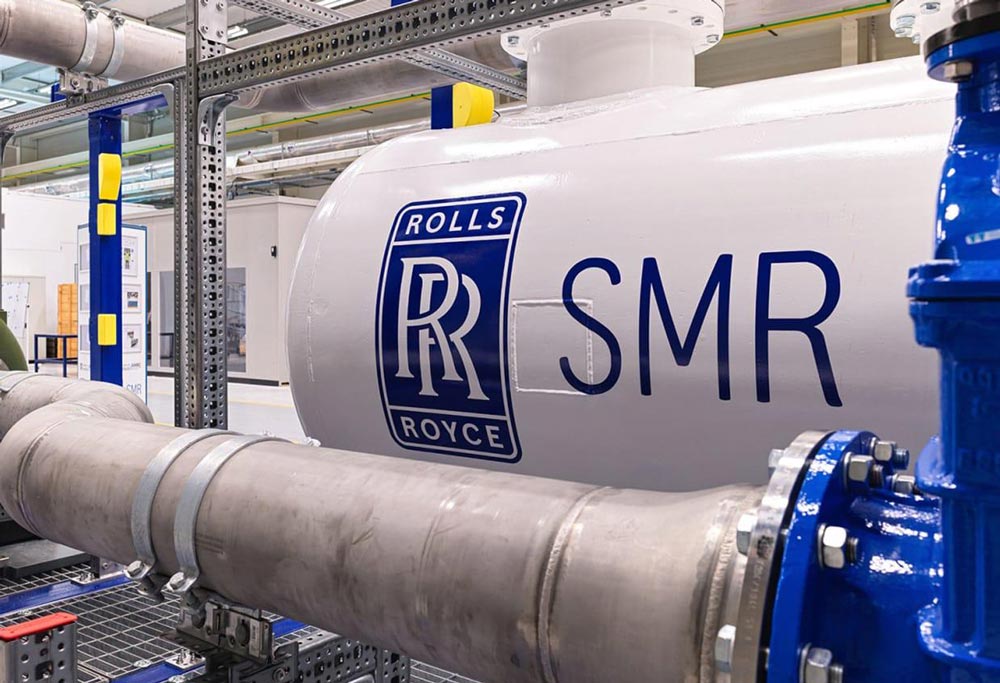Rolls-Royce, the British aerospace giant, has received the green light from the U.K. government to construct the country’s first small modular nuclear reactors (SMRs). The announcement, which marks the culmination of a two-year selection process, underscores Britain’s commitment to embracing nuclear energy to power the future.
The U.K. government’s decision to back this initiative aligns with its broader energy goals, including a £14.2 billion ($19.2 billion) investment in the massive Sizewell C nuclear power station in eastern England. This dual-track approach signals a significant shift in Britain’s energy strategy to secure energy independence, reduce emissions, and create thousands of jobs.
A Golden Age of Nuclear Energy
U.K. Energy Secretary Ed Miliband described the SMR project as a pivotal moment in the country’s energy transformation. “We are ending the no-nuclear status quo as part of our Plan for Change and are entering a golden age of nuclear with the biggest building programme in a generation,” Miliband said.
The Labour government estimates that the SMR project will create up to 3,000 jobs and provide electricity to approximately 3 million homes once operational. The reactors are expected to be connected to the grid by the mid-2030s, a timeline that reflects the ambition of the program.
Rolls-Royce Celebrates a Milestone
Rolls-Royce welcomed the government’s decision as a transformative moment for both the company and the country’s nuclear capabilities. The FTSE 100-listed company, which will build three SMR units, hailed this as a “very significant milestone.”
“It is a vote of confidence in our unique nuclear capabilities, which will be recognised by governments around the world,” said Rolls-Royce CEO Tufan Erginbilgic. “It is also evidence that the strategic choices we have made in the transformation of Rolls-Royce are delivering.”
The announcement has already had a positive impact on the company’s stock performance, with shares rising more than 2% and reaching a new 52-week high.
Small Modular Reactors: A New Era in Nuclear
Small modular reactors, as the name suggests, are compact and more adaptable than traditional nuclear plants. They are designed to have smaller and lighter footprints, making them quicker and cheaper to build once fully commercialized.
The technology is gaining traction globally, with tech giants like Amazon and Google signing agreements to develop SMRs in the U.S. to meet the growing energy demands of their data centers. Advocates of nuclear power highlight its low-carbon nature, emphasizing its potential to play a crucial role in reducing emissions and reliance on fossil fuels.
However, not everyone agrees. Environmental groups argue that nuclear energy remains an expensive and potentially hazardous distraction from cheaper and cleaner renewable alternatives.











